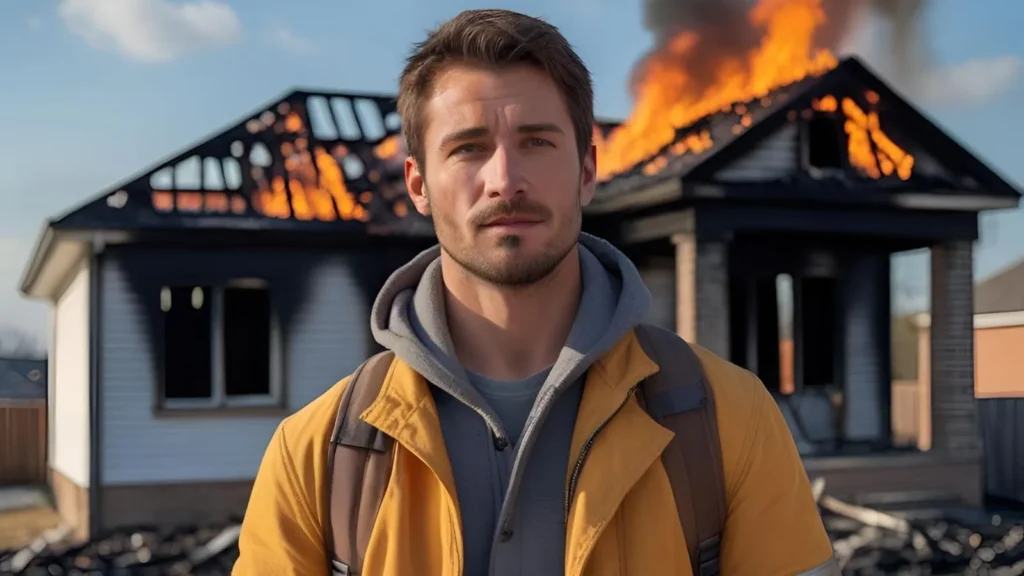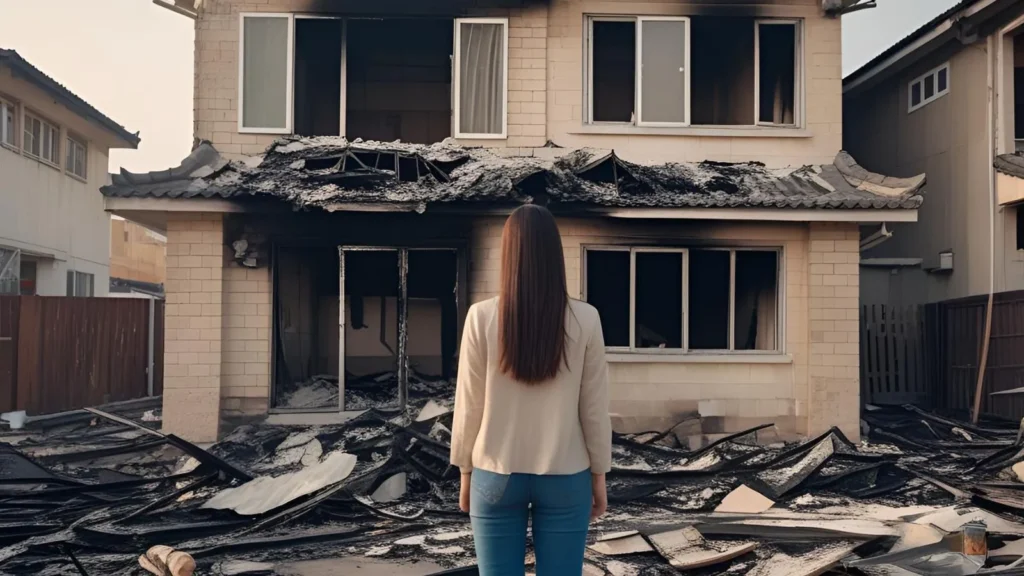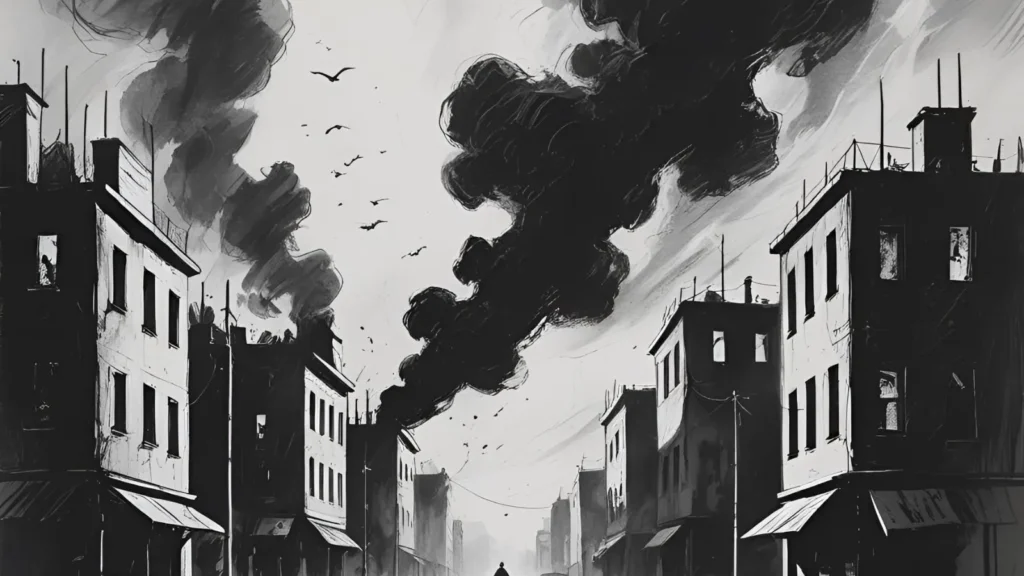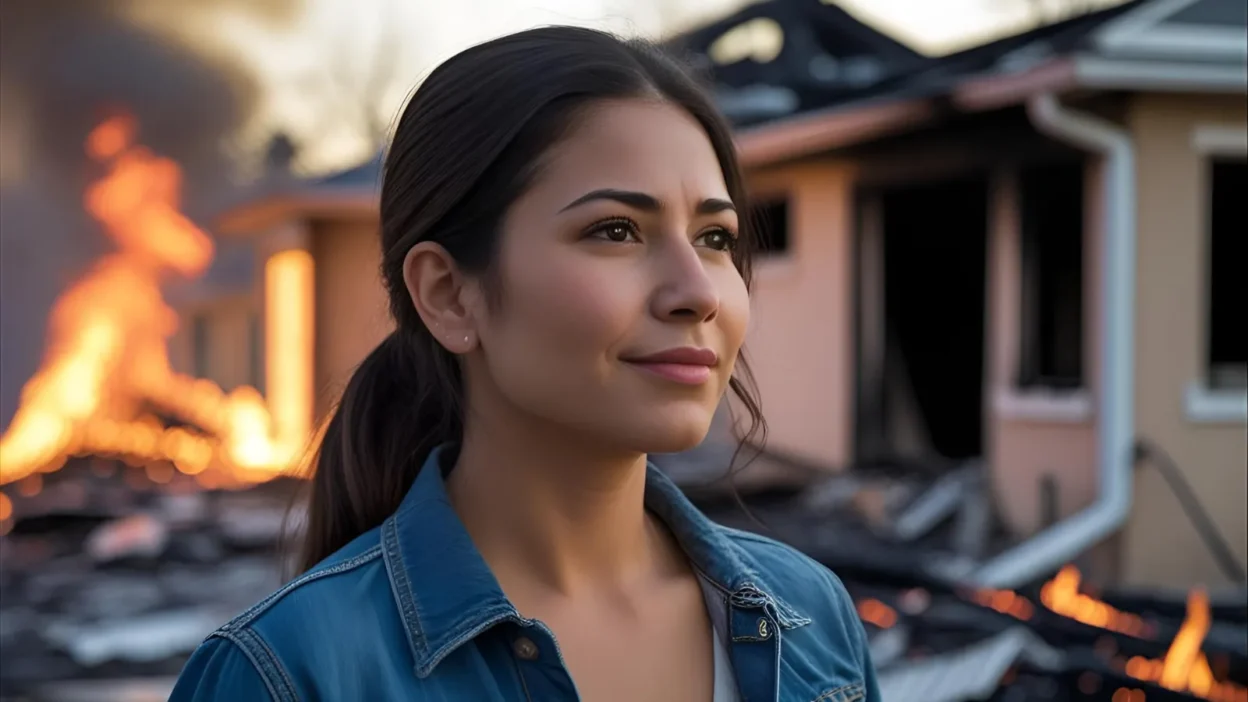Losing a home in a fire is one of the most heartbreaking events someone can go through. Everything they owned—photos, furniture, clothes, memories—can be gone in minutes. In such painful moments, knowing what to say to someone who lost their house in a fire can feel overwhelming. You want to help, but words don’t always come easily.
Offering comfort the right way matters. A kind word, thoughtful gesture, or even a simple check-in can make a big difference. This article will guide you on how to speak with care, provide support, and avoid saying the wrong thing during such a difficult time. Let’s look at what to say, what not to say, and how you can truly be there for someone who’s lost everything.
Sorry Generator
Speak from the Heart, Not from a Script

When someone experiences a fire, they’re likely in shock. Don’t worry about saying the “perfect” thing—just be kind and sincere. Your words should show love, support, and understanding.
Real-life Example:
Your friend calls you crying after their home burns down. You might feel unsure, but just being there to listen is powerful.
What to Say:
- “I’m so sorry this happened. I’m here for you.”
- “I can’t imagine how hard this is. You don’t have to go through it alone.”
- “Your safety is what matters most.”
- “We’ll get through this together.”
What Not to Say:
- “At least no one died.”
- “It’s just stuff—you can replace it.”
- “Everything happens for a reason.”
- “I know exactly how you feel.”
Offer Specific Help Instead of Saying “Let Me Know”

While it’s nice to offer help, people in crisis often don’t know what they need. Specific offers feel more supportive than vague ones.
Real-life Example:
Instead of saying “Call me if you need anything,” try, “I’m dropping off dinner tomorrow night.”
What to Say:
- “Can I bring over some groceries for you today?”
- “Do you need help finding clothes or a place to stay?”
- “I can help make some phone calls for you if that’s okay.”
- “I’m here to walk with you through this, step by step.”
What Not to Say:
- “Just let me know if you need anything.”
- “I’d help, but I’m really busy right now.”
- “It’s probably better to give you space.”
- “I’m sure someone else will step in.”
Respect Their Grief—Even Over “Just Stuff”

Some people may feel ashamed to grieve “things.” But homes hold memories, meaning, and personal identity. Honor their loss without minimizing it.
Real-life Example:
If they’re crying over a lost wedding photo album, don’t say it’s “just pictures.”
What to Say:
- “I know those things meant a lot to you.”
- “That photo collection can never be replaced—I’m so sorry.”
- “Your memories are valid, and your loss is real.”
- “It’s okay to be sad about everything.”
What Not to Say:
- “You’ll get new stuff soon.”
- “It’s just material things.”
- “You should focus on the positives.”
- “Be thankful it wasn’t worse.”
Keep Showing Up—Long After the Fire

Support doesn’t end a few days after the fire. People still need emotional and practical help weeks or even months later.
Real-life Example:
Three weeks later, send a message asking, “How are you feeling today? Want to grab coffee?”
What to Say:
- “I’ve been thinking about you—how are you doing now?”
- “Do you need help organizing anything this week?”
- “I’m still here for you, anytime.”
- “Let’s talk or go for a walk when you’re ready.”
What Not to Say:
- “You should be moving on by now.”
- “It’s been a while—you must be fine.”
- “I didn’t want to bother you.”
- “Other people have it worse.”
Be a Safe Space for Emotions

Let your friend cry, vent, or sit in silence. You don’t need to fix their pain—just be present.
Real-life Example:
They start crying while talking about what they lost. Stay with them, even if you don’t know what to say.
What to Say:
- “I’m here, and I’m not going anywhere.”
- “It’s okay to feel whatever you’re feeling.”
- “You don’t have to talk—just know I’m with you.”
- “This is so hard, and you don’t have to do it alone.”
What Not to Say: - “Try to stay strong.”
- “Don’t cry—it’ll be okay.”
- “You’ll get over this.”
- “You should be grateful you made it out.”
Final Thoughts
Knowing what to say to someone who lost their house in a fire isn’t about having perfect words. It’s about being present, patient, and kind. Even small gestures mean the world in moments of deep loss. Let your words remind them they’re not alone—and that people care.
Loss like this is hard, but your support can make it a little easier to bear. 💛




